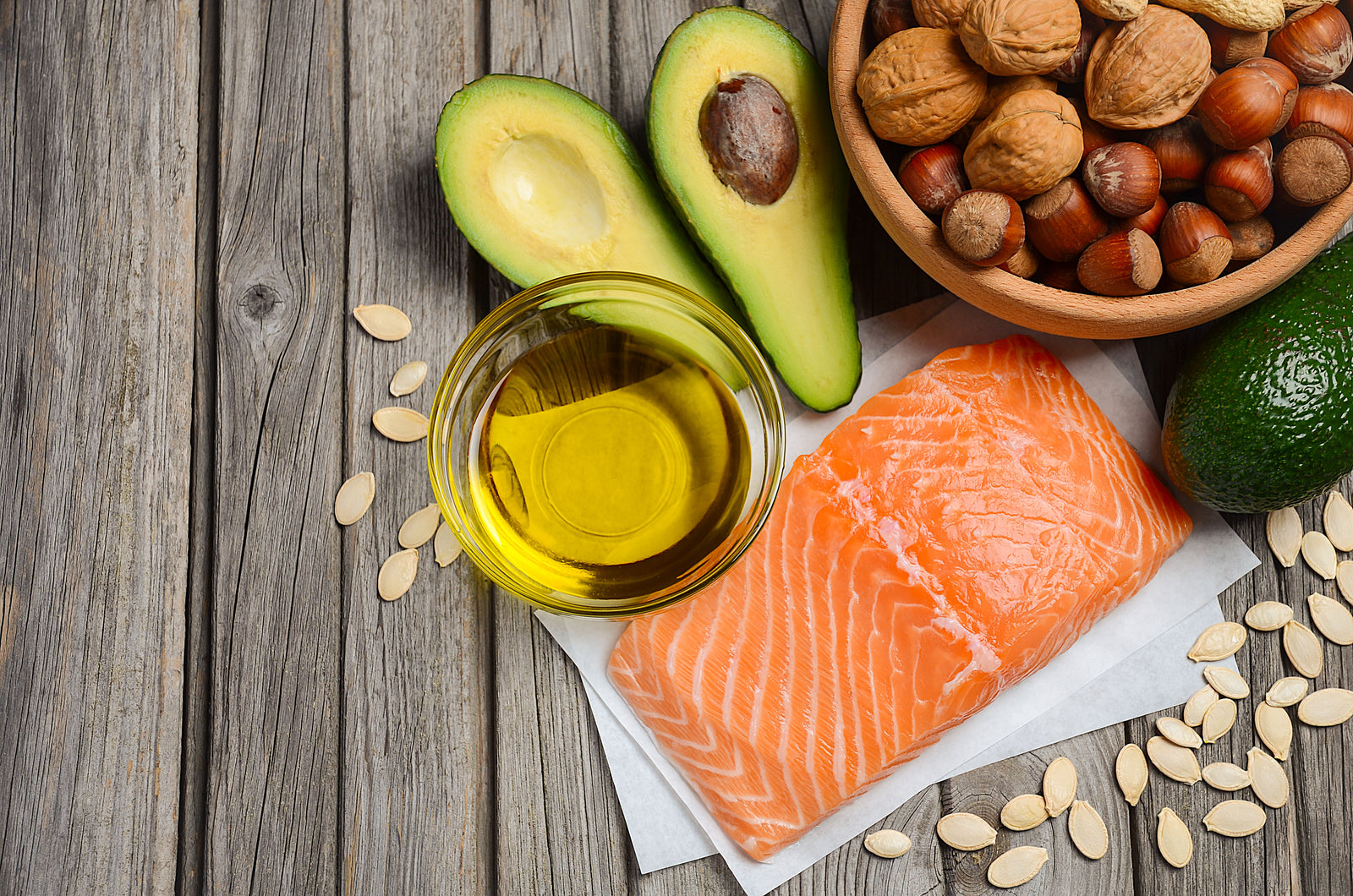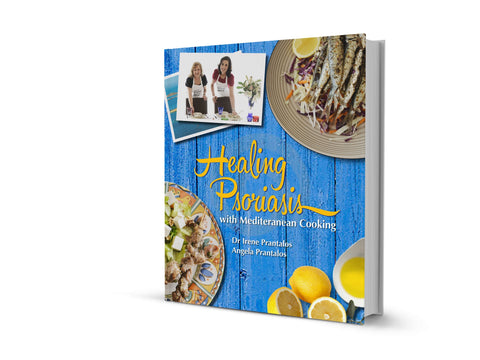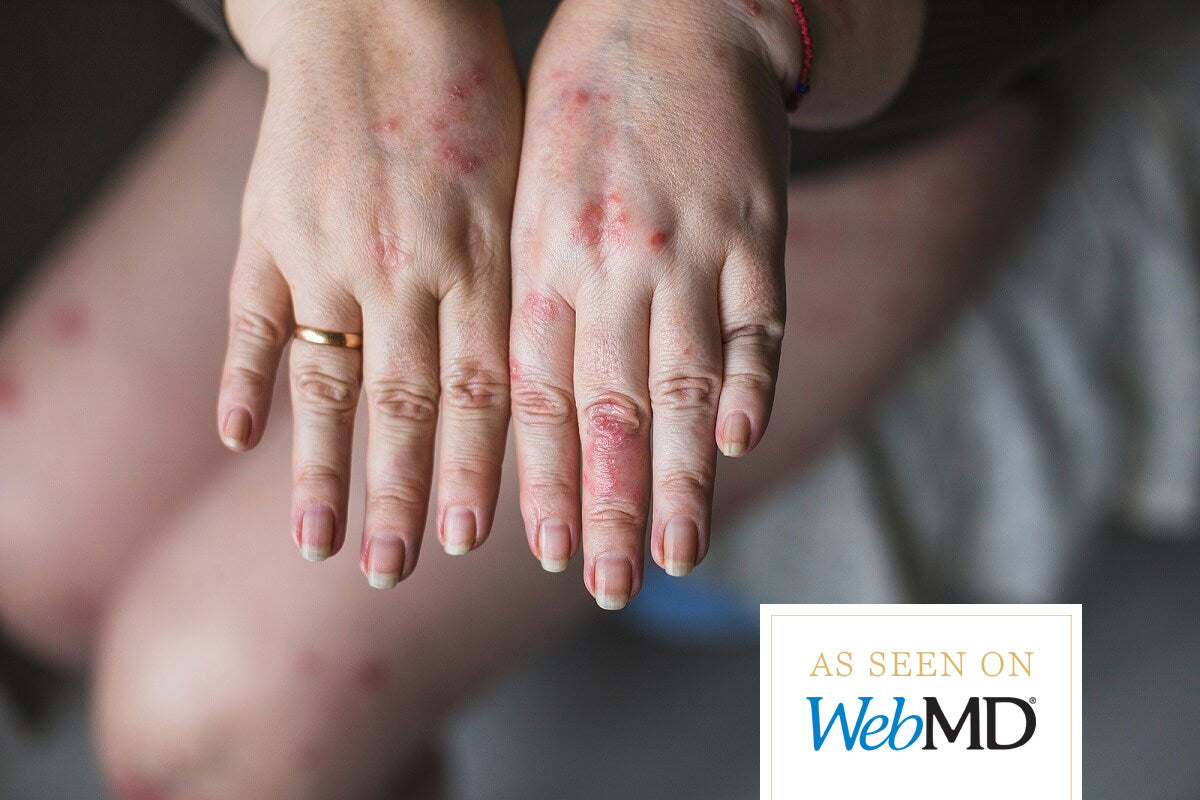Without a doubt there are many health conditions that have been managed with some dietary changes. Personally, I have seen the impact food has had on my health both in reducing inflammation in my body and reducing the frequency and intensity of future flare ups. Can the same positive outcome be experienced with reproductive health issues such as endometriosis?
Endometriosis is a pelvic inflammatory disease that results in severe pain with the onset of menses and for some this can extend outside the time of menstruation. In addition, there are episodes of excessive bleeding, emotional changes, stool and digestive changes and the list goes on.
When it comes to nutrition, the first step would be to reduce inflammatory foods. The reason for this is Endometriosis is a result of inflammation, and foods that increase inflammation will only exacerbate the symptoms and create more pain.
Which Inflammatory Foods Should Be Avoided For Endometriosis?
The biggest inflammatory foods are sugar (all sugar which include rice malt, apple concentrate, honey etc), meat (more so red meat), alcohol, gluten, and dairy.
There are many foods that fall under these food groups so it may be a great idea to start with one. The most important in my opinion is sugar and perhaps the most challenging. Sugar is a highly addictive substance so to simply replace it with alternative doesn’t actually reduce inflammation in the body. Sugar is sugar and whether it is coconut sugar or maple syrup, the body will recognise it as sugar and deal with it in the way it needs to. The only exception is fruit, ideally eating fruit that is in season, trying to source organic and keeping it to 3 pieces per day will help with managing the amount of sugar in your diet and still feeding the need for sugar in the body.
If alcohol consumption is a regular occurrence (weekly) then it should be avoided before making changes to your sugar intake. If there is any reliance on alcohol, then seeking assistance to help you through this is ideal.
Next you would be looking at dairy and gluten. Gluten has been scientifically proven to increase inflammation in the body. So for those who think gluten should be avoided by celiac sufferers only this research highlighted the importance for any one with an inflammatory condition but not necessarily to the extent of worrying about cross contamination risks celiac sufferers need to.
As for meat that is a food group that has great nutritional value to our health and when discussing the loss of menstrual blood in women with the flow being quite significant in some whereby it leads to fatigue and iron deficiency, red meat can be enjoyed perhaps once every 1-2 weeks. The best red meat is lamb as it is slightly less inflammatory than beef and the cut of meat that has the least amount of animal fat is the lamb fillet. Don’t confuse this with lamb back-straps as they have pieces of fat in amongst the back-strap; the lamb fillet has minimal amount making it less inflammatory. Also be sure to cook it using a grill or oven; BBQ or pan fried will increase the inflammatory aspect of the meat.
If this is overwhelming or perhaps you are unsure where to start or you don’t have any recipes that fit the recommendations listed above, don’t worry we have a resource for you that ticks all the boxes.
Healing Psoriasis with Mediterranean Cooking cookbook has over 60 recipes that are sugar free, dairy free and gluten free. There are meat and fish recipes as well as vegetarian recipes that can be enjoyed and some great sugar-free snacks with a dairy free yoghurt you can make from scratch.
If you prefer one on one advice to help you make the necessary nutritional changes to effectively manage your endometriosis or are looking for specialised treatments with Chinese Medicine address specific symptoms you can schedule in a time either through Zoom (online) or in-clinic at Surrey Hills Victoria.





